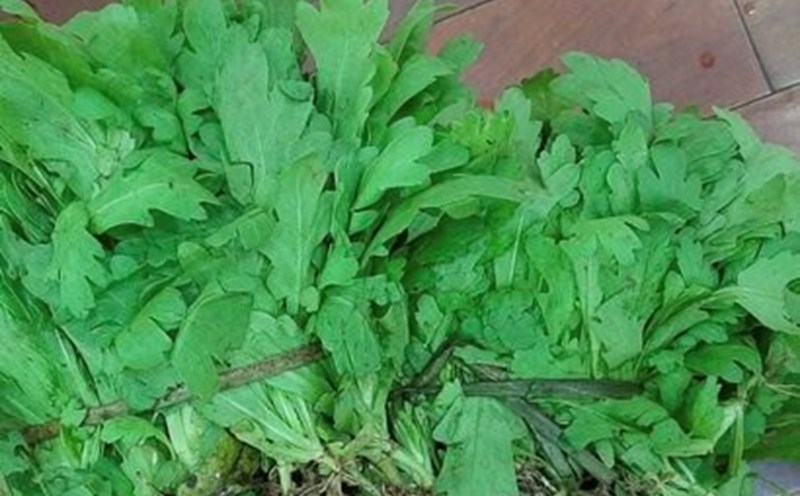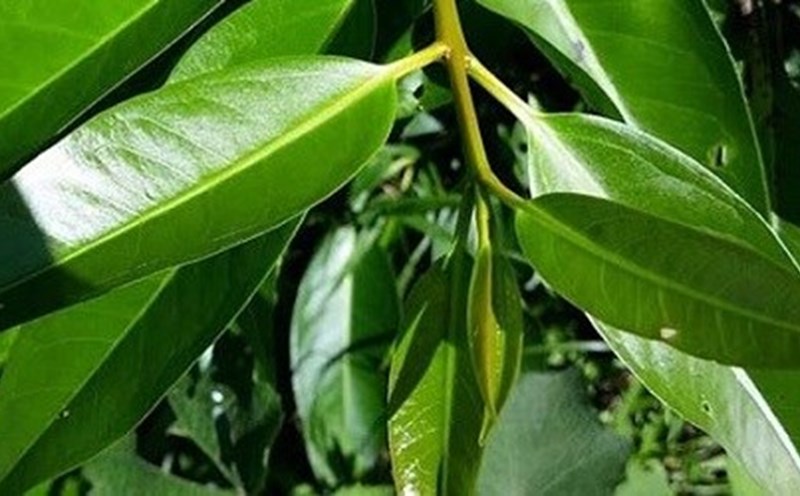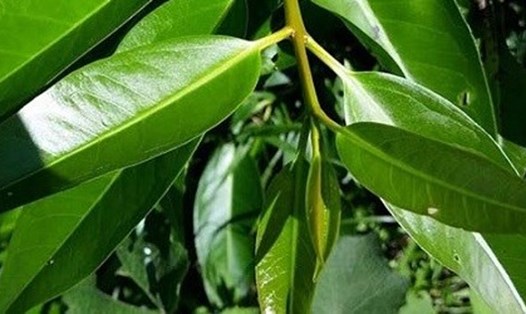Salmon and fatty fish
Salmon and fatty fish like mackerel and sardines are rich in omega-3 fatty acids, which help reduce inflammation and improve fat metabolism in the liver.
According to research published in the International Journal of Hepatology, omega-3s have the ability to reduce liver triglycerides and improve liver function in people with non-alcoholic fatty liver disease (NAFLD).
Green tea
Green tea is a source of catechins, a powerful antioxidant that helps reduce liver damage and limit fat accumulation.
Research from the American Journal of Clinical Nutrition shows that regular consumption of green tea helps reduce liver fat and improve liver enzyme levels in high-risk people.
Olive oil
Olive oil contains monounsaturated fats, which help improve insulin sensitivity and reduce inflammation in the liver.
According to research from the European Journal of Medicine, daily consumption of extra virgin olive oil not only reduces liver fat but also improves overall liver function.
Avocado
Avocados are a natural source of glutathione, an important antioxidant that helps protect the liver from damage and reduce fat accumulation.
According to the Food and Agriculture Organization of the United Nations (FAO), avocados also help improve heart health, a factor linked to fatty liver disease.
Cruciferous vegetables
Cruciferous vegetables like broccoli, cabbage, and kale are rich in glucosinolates, which help stimulate detoxification enzymes and improve the liver's ability to metabolize fat.
Research from the US National Cancer Institute shows that eating broccoli regularly can reduce fat accumulation and improve liver function.
Walnut
Walnuts are rich in omega-3 fatty acids and antioxidants, which help reduce inflammation and improve lipid metabolism in the liver.
According to research published in the British Journal of Nutrition, adding walnuts to the diet is effective in reducing liver fat in people with NAFLD.
Garlic
Garlic contains allicin, a compound that can reduce fat accumulation and enhance liver detoxification function.
Research from the Journal of Hepatobiliary Research shows that adding garlic to your daily diet improves liver health and helps reduce liver fat quickly.
Notes when applying a diet to reduce liver fat:
Limit processed foods and refined sugar: These are leading factors in fat accumulation in the liver.
Combine exercise: Regular physical activity helps increase calorie burning and reduce visceral fat, including liver fat.
Maintain a balanced diet: In addition to the above foods, it is necessary to ensure adequate supplementation of other nutrients such as fiber, vitamins and minerals.











